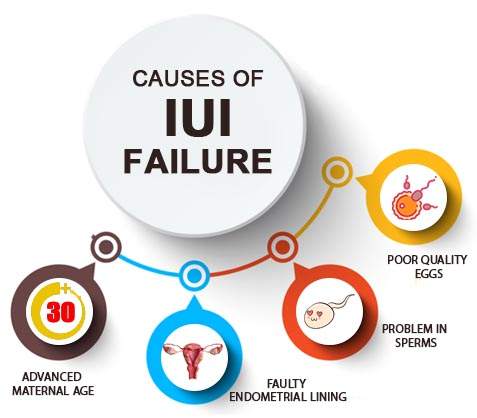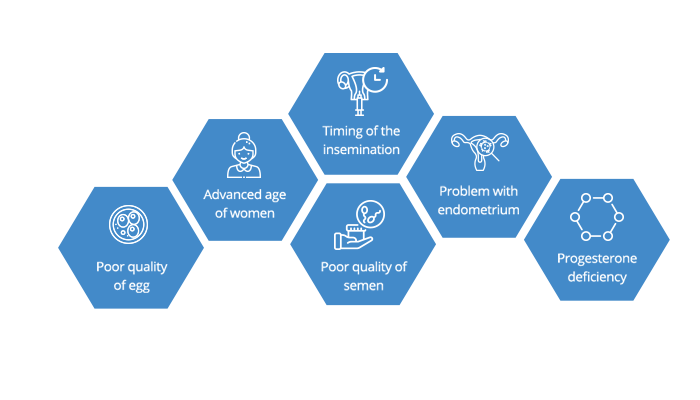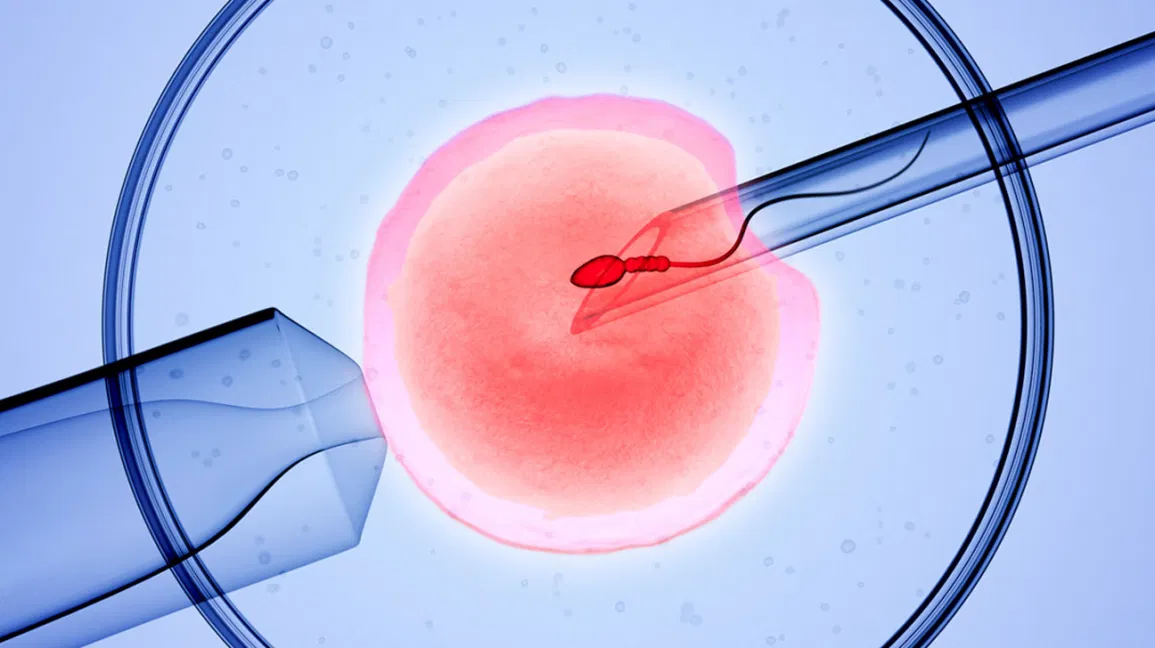Among the treatments for infertility, IUI treatment takes a major place.
Perhaps you have already resorted to this method of treatment. Here, the live sperms that have been selected in the laboratory are implanted in the uterus with the help of a very thin tube. When this method was introduced about 50 years ago, the success rate was about 5%, but now, due to the advanced methods used, it is possible to achieve a success rate of about 30%. In this article, we bring facts about the reasons for treatment failure.
First, you need to determine if the IUI method is right for you. This treatment is not suitable for everyone who has delayed conception. An experienced doctor should check everything and decide if this method is suitable for you. Here are the main issues to be considered
- Age of the woman - If the age is more than 40 years, the chances of success of this treatment are very low
- BMI
Value - A very obese woman has less chance of conceiving with IUI .
- Duration of pregnancy. This treatment method is not very successful for a woman whose conception has been delayed for a long time.
- Previous treatments. Repeated IUI is not suitable for a woman who has done IUI several times before . Generally, it is not recommended to do more than 6 times.
- Cause of pregnancy. IUI is not recommended when conception is delayed due to obstruction of the fallopian tubes, low sperm count, etc.
Once a specialist has decided that you need IUI treatment, medication is usually given. The chances of success of IUI vary depending on the type of treatment given . Success has been found to be higher when the eggs are fertilized with contraceptive drugs .
In addition, other drugs are given to prevent early ovulation, prepare the inner wall of the uterus to a suitable level for conception, and stimulate ovulation at the right time.
After giving drugs to mature an egg, a scan should be done to find out about it. This is usually done 11-12 days after menstruation. There, the diameter of the space ( follicle ) where the ovum grows is measured and if the value is more than 18 mm, the ovum is considered mature enough to be released. After knowing that, IUI
Urine test LH STRIPS can be used for that . You can make sure that the egg is released at the right time during IUI by observing the time of the natural increase in hormones and giving medication to stimulate ovulation.
In this way, when the egg is released, there may be a slight pain in the abdomen. If necessary, a repeat scan can be used to confirm that the egg has been released.
The hormone is used as a stimulant to stimulate ovulation. The type and dose of drugs used will determine the timing of ovulation, which will also affect the success of IUI .
With the advancement of technology, the process of properly processing sperm in the laboratory has changed a lot. Therefore, when sperm processing is done using high-quality equipment and necessary fluids ( sperm processing media ) in a laboratory with modern facilities, the possibility of success increases.
In addition to all these things, the way this treatment is done is very important. An experienced doctor inserts a fine tube through the cervix so that the uterus does not contract and the sperm is implanted in the uterus. In this case, if the contraction of the uterus is stimulated, there is a possibility that the sperm will come out again. It is essential to use a high quality IUI catheter for this purpose.
When performing IUI, it is important to take care not to use a large amount of fluid and to deposit the sperm only in the uterus. Otherwise, there is a risk of the fallopian tubes being blocked, making it impossible to get pregnant again if the fluid introduced from outside enters the fallopian tubes and causes a bacterial infection.
Fallopian tube sperm perfusion, which is not as successful as IUI , is now not recommended. At the time of IUI , appropriate antibiotics are given to prevent the infection of germs through the cervix.
Generally, lying down for about 15 minutes after the procedure increases the chances of a successful IUI .
During the last 14 days of the menstrual cycle, progesterone hormone levels in the body usually increase. Due to this, the fetus that is implanted in the uterus is able to be retained. If the level of this hormone is not at the right level, there is a risk of the embryo coming out early, so progesterone hormone pills are given after the IUI treatment.
Thus , by performing IUI with proper standard, the possibility of pregnancy can be increased.



